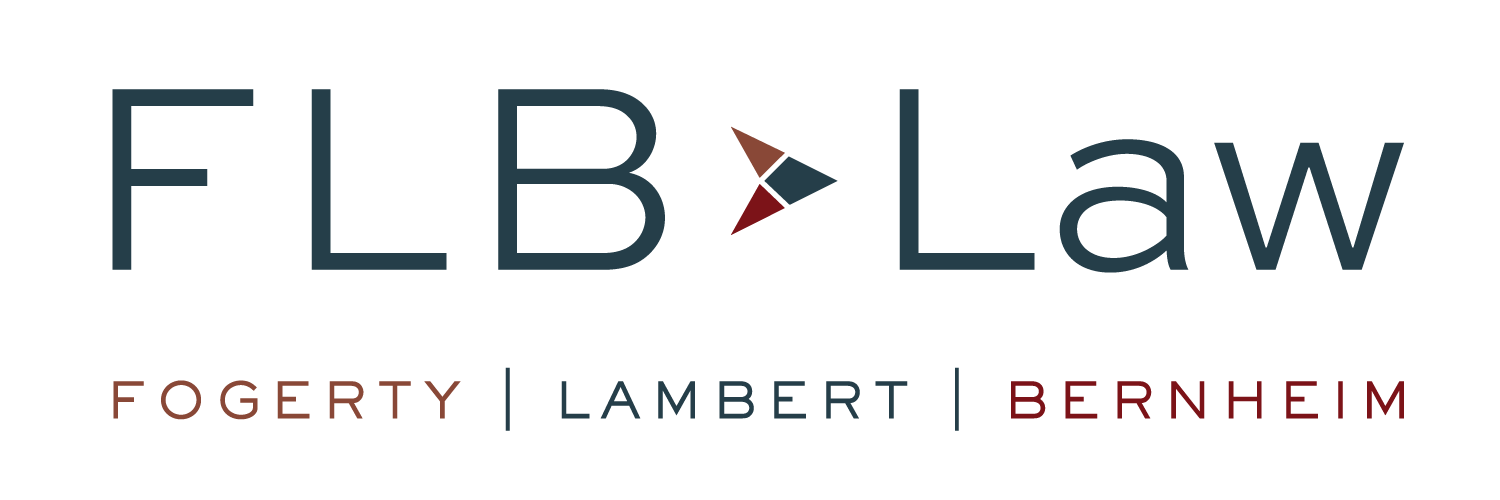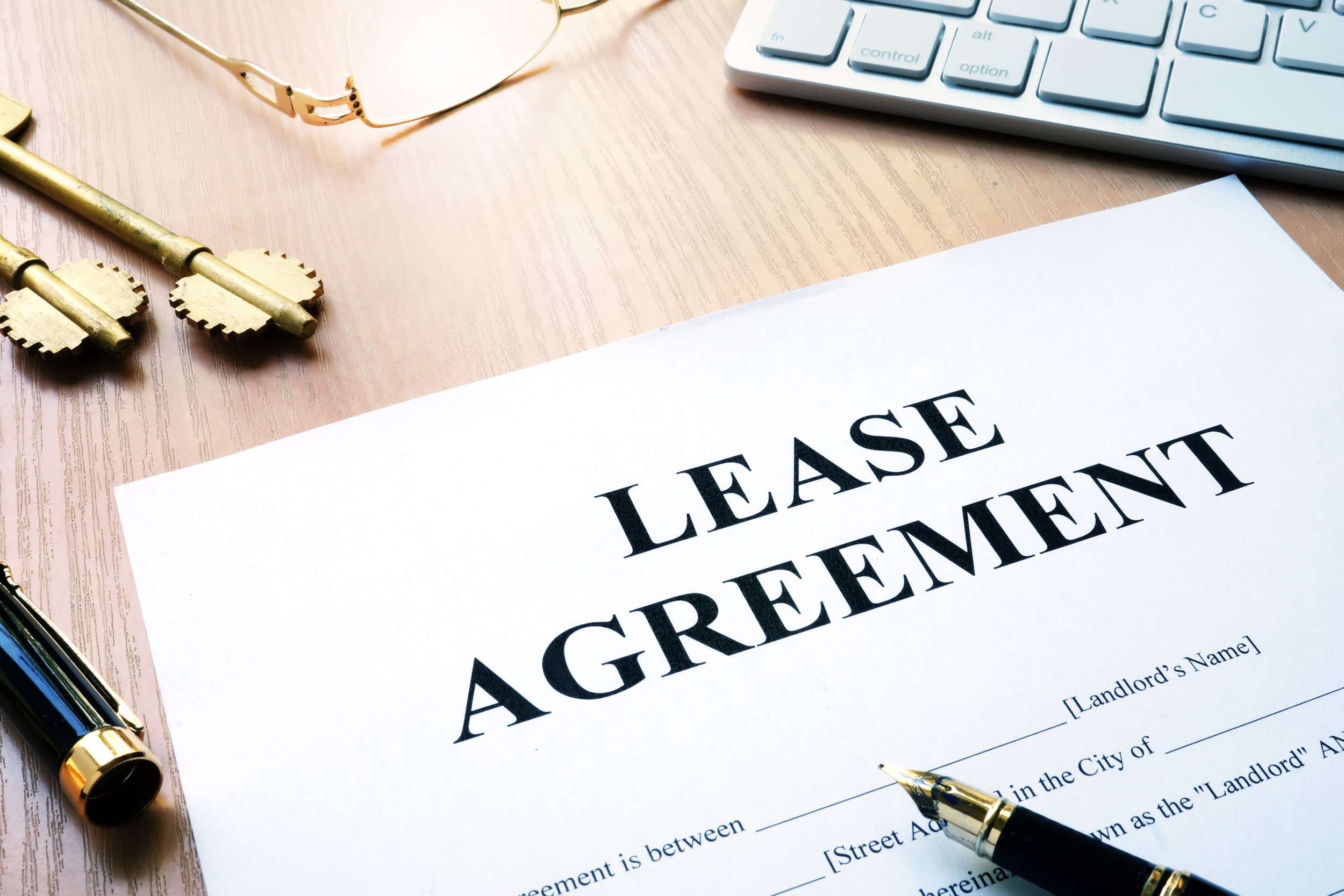Attaching Menus to Leases: An Innocuous Request From the Landlord, or Is It?
Landlords want to maintain as much control as they can over the restaurant concepts in their portfolios. Many landlords have begun asking their restaurant tenants to include a copy of their menu as an exhibit to the lease. It may seem like a harmless request, but in so attaching, landlords may be seeking to tie the permitted use of the space to that particular menu and/or trade name. This could limit a restaurant’s flexibility to change its menu or assign the space to another concept in the future. Restaurant owners must be mindful that narrow use clauses in their leases could hinder their ability to adjust their business as circumstances change over time, and as such, must address this language upfront.
Why Restaurants Want Control
The tenant mix impacts the value of commercial real estate; hence, landlords want to maintain control over the concepts and traffic levels they will bring to their properties. Landlords with multiple restaurant tenants in their property or portfolio may offer them exclusive rights to a particular cuisine category. For instance, when negotiating with a Spanish tapas restaurant, the landlord may agree to grant the tenant an exclusive right to offer Spanish tapas, thus preventing direct competition from its other restaurant tenants. Subsequently, the landlord would not want another tenant, say a burger restaurant, to change its menu mid-lease to feature Spanish tapas and infringe on the exclusive rights of the other tenant.
Price points are also an issue. Landlords who rent a space to a full-service restaurant that averages $50 per person may not want it to morph into a fast-casual eatery with $15-per-person checks or a more exclusive establishment with $100-per-person checks as these changes may impact the amount and type of customers that frequent the restaurant and impair the business of nearby tenants in the center.
Menu-related Use Clauses
As a tenant, it is in your best interest for your lease language to allow for as broad a permitted use as possible. Say you want to change your menu seasonally, add a new, trendy food variety, or replace certain items because they don’t sell well or their ingredients become too expensive. Or, three to five years down the road, the restaurant is underperforming, and you want to assign the space to another concept. You want to ensure the lease language provides the flexibility you need to operate your business nimbly and profitably amid evolving market conditions.
However, landlords are insisting on increasingly narrow use clauses. In addition to specifying a restaurant type (such as fine dining or fast casual) and cuisine category (such as French or Thai), many are looking to limit the lease to a specified menu and prohibit tenants from making changes without approval. This can severely hamper a restaurant’s operations in the short and long term. The landlord may turn down your request to alter your menu or fail to give permission in a timely manner, thus stalling or halting your progress. If, down the road, you are looking for an exit strategy, the landlord may tie your hands again by vetoing a new concept for the space because its menu differs from the one attached to the lease.
Tenant-friendly Language
When negotiating lease language, FLB Law attorneys seek to protect our tenants’ interests while addressing and responding to landlord concerns. For instance, the lease language may specify that changes to the menu are permitted without approval if they do not violate an existing exclusive the landlord has with another tenant and direct the landlord to provide a list of existing exclusives and timely updates of any new ones.
When a landlord is concerned about price point changes, we often agree on language that specifies that any changes can be made without approval if they don’t significantly alter the average price point.
The issue of whether the space can be assigned to a new concept without the landlord’s permission is often hotly debated in negotiations. We have successfully negotiated provisions that approve broader permitted use definitions and assignments as of right, provided certain reasonable criteria are satisfied to protect the landlord’s concerns. Restaurants must be able to adjust their business as needed to ensure continued flexibility, profitability and solvency – which, after all, is also in the landlord’s best interest. FLB attorneys have the experience and understanding of these transactions necessary to reach a compromise that protects the landlord and tenant and finalizes the deal.
Before entering into a lease agreement, restaurant owners should seek counsel from an attorney experienced in commercial real estate law and the restaurant industry.
Eric D. Bernheim, a managing partner at FLB Law in Westport, Conn., represents local restaurants and national hospitality groups, as well as developers, municipalities, lenders, and individuals, in transactions of all kinds, including leases, acquisitions, dispositions, and financing, in addition to handling zoning and land use matters. Contact Eric at bernheim@flb.law or 203.635.2200. For more information about FLB Law, click here.

